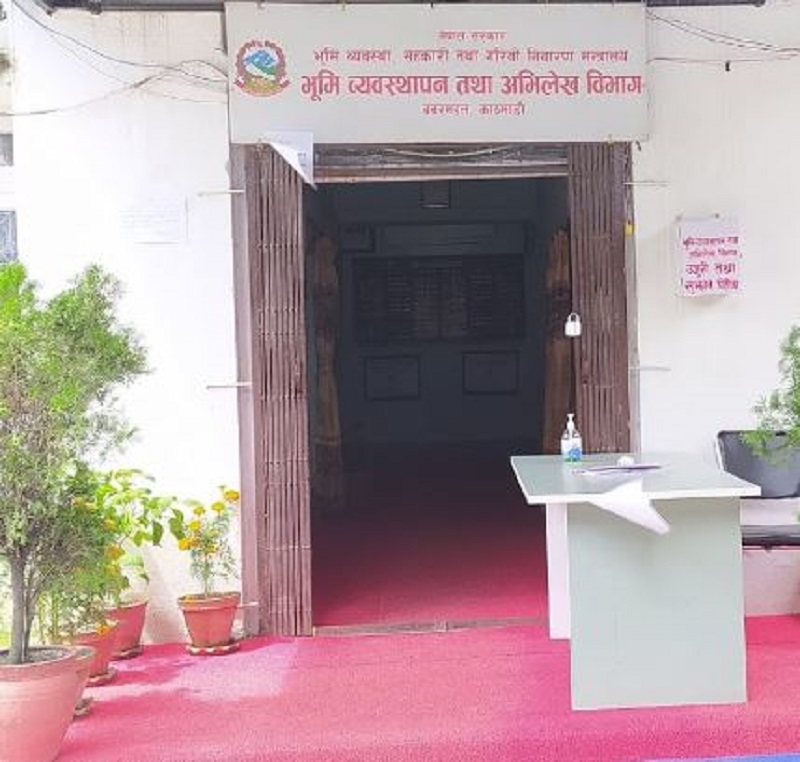Tihar Festival in Bajura: Preserving Deusi-Bhailo and Empowering Nepali Communities
22nd October 2025, Kathmandu
The festive spirit of the Tihar Festival in Nepal, also known as Deepawali, is ablaze across the Himalayan nation.
However, in the mountainous district of Bajura, Nepal, the celebration is taking on a profound significance: the active preservation of traditional cultural practices.
Tihar Festival in Bajura
Throughout all nine local government units in Bajura, including Triveni, Budhiganga, Khaptad Chhededah, Gaumul, Badimalika, Budhinanda, Swamikartik, Jagannath, and Himali Rural Municipalities, the time-honored tradition of Deusi-Bhailo is being enthusiastically upheld.
From small children and youth to the elderly, the entire community is participating in this crucial part of Yamapanchak. Clubs, teenage girls’ groups (Kishori Samuha), children’s groups, and schools are leading the charge to strengthen social unity and safeguard Nepali cultural heritage.
Beyond Festivity: Deusi-Bhailo as a Tool for Social Empowerment
The tradition in Bajura is far more than just singing and dancing; it’s a powerful vehicle for community development. The funds collected from the Deusi-Bhailo programs are systematically channeled into social and empowerment-oriented initiatives.
As resident Amar Kathayat of Budhinanda Municipality notes, the traditional essence remains, with participants playing the majura (cymbals) and madal (drum) while chanting the traditional verses.
This blend of performance and purpose is exemplified by young leaders like Elisha Chandara of the Ward-Level Girls’ Club in Gaumul Rural Municipality-1, whose club collected over twenty thousand rupees for social work by performing Deusi in local attire.
The Challenge: Traditional Deusi vs. Modern Influences
While Bajura’s efforts keep the flame of Traditional Deusi burning brightly, the influence of modernity poses a growing challenge to Nepali Culture Preservation.
Locals acknowledge a gradual shift in the performance style.
The original format, focused on traditional instruments and rhyming chants, is facing competition from contemporary trends. Concerns are mounting among community elders, such as Hiralal Padhyay of Badimalika Municipality-7, who worry that performances featuring rap, pop, and Hindi songs are ‘tainting’ the true cultural essence.
The fundamental link of Deusi-Bhailo to the legendary King Bali remains a core belief, emphasizing the need to educate the younger generation about its historical and cultural significance.
Conclusion: A Call to Action for Cultural Survival
The vibrant, community-driven celebration of Deusi-Bhailo in Far-Western Nepal’s Bajura district serves as a powerful reminder of the resilience of cultural tradition. However, the struggle to balance celebration with preservation highlights a critical need.
To ensure that the authentic spirit and musicality of this beloved tradition endure, community support and a renewed focus on its original form are vital.
Bajura’s initiative is a beacon for all of Nepal in the fight to protect its unique cultural identity.
For more: Tihar Festival in Bajura







